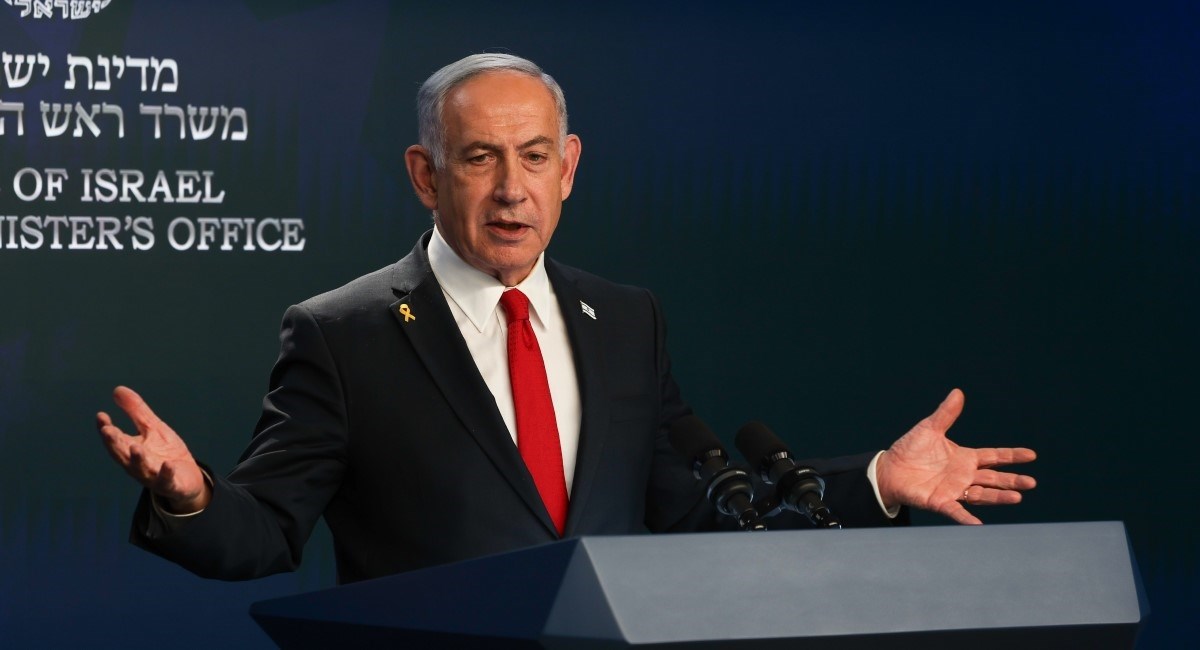The Israeli parliament, the Knesset, rejected a proposal to dissolve itself, allowing Prime Minister Benjamin Netanyahu to avoid early elections. The decision came after an agreement within the ruling coalition on a contentious conscription law that triggered a political crisis. Ultra-Orthodox parties seek exemptions from military service, while others want these exemptions abolished, a particularly sensitive issue during the Gaza war. The opposition criticizes the government as toxic and calls for urgent restoration and conflict resolution. Public sentiment in Israel is divided, with declining support for the war and growing dissatisfaction over security failures and military policies.
Political Perspectives:
Left: Left-leaning outlets emphasize the political crisis caused by the conscription law dispute and criticize Netanyahu’s government as toxic and harmful. They highlight the urgent need to end the Gaza war, restore peace, and address humanitarian issues. The focus is on the negative impact of the ultra-Orthodox exemptions on military effectiveness and the broader societal consequences.
Center: Centrist sources report the facts of the Knesset vote and the coalition agreement, presenting the political stalemate and the challenges of balancing religious exemptions with military needs. They provide a balanced view of the political dynamics, the security situation, and the public opinion split, without strong editorializing.
Right: Right-leaning media tend to focus on Netanyahu’s success in avoiding early elections and maintaining government stability amid a difficult security environment. They may emphasize the importance of respecting religious traditions and the complexities of conscription in Israeli society, while supporting the government’s efforts to manage the Gaza conflict and national security.






































